Dentures vs Implants – What to choose, Advantages and Disadvantages
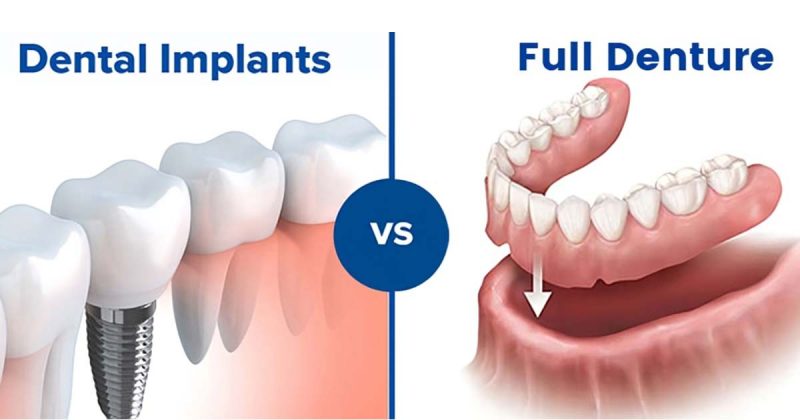
Apart from oral hygiene, there are many solutions available for tooth replacement. Dentures vs Implants are the most frequently chosen procedures. Although both procedures have their advantages and disadvantages, knowing their differences is crucial in helping both patient and dentist decide on the best option.
What Are Dentures?
These are appliances, removable appliances per se replacing missing teeth, restoring the function and appearance of your smile. There are two general categories of dentures:
- Complete Dentures: These are provided for a patient without teeth either in the upper or lower jaw.
- Partial Dentures: These are provided for patients retaining some teeth but having spaces in between.
- Modern dentures: These components are made up of acrylic resin most of the time, while many have some metal as reinforcement and stability.
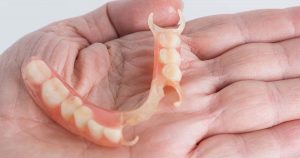
Advantages and Disadvantages of Dentures
| Advantages | Disadvantages |
|---|---|
| 1. Cost-Effectiveness: Dentures are always cheaper compared to implants, thus, accessible to many patients with budgets. | 1. Adjustments Needed: The shape of the gums and jaw continually changes over time, requiring periodic adjustments with dentures. |
| 2. Less Invasive: Dentures do not require any surgical procedures before they are fitted to the patient. This means that it is the best option for those who want a less invasive procedure. | 2. Discomfort: It is very common for dentures to cause soreness or redness initially while the patient is adapting to it. |
| 3. Quick Solution: The process of making and fitting the dentures is very short, thus making it a quick answer to the problem of missing teeth. | 3. Chewing Strength is less: They are not as efficient in mastication like natural teeth. |
| 4. Customizable: Modern dentures can be fabricated to look almost identical to natural ones with comfortable fits. | 4. Care for Dentures : They should be taken out during bedtime and cleaned before wearing them again, and sometimes, adhesives are needed to keep dentures in place. |
What are Dental Implants?
Dental implants are just like permanent artificial roots for your teeth. They consist of three components:
- Implant: This is a titanium post placed inside your jaw to work like an artificial root for a tooth.
- Abutment: This connector joins the implant to a replacement tooth.
- Crown: The visible part of the tooth, custom made to look like your own teeth.
Implants can replace one tooth, several teeth, or even an entire dental arch, which is referred to as implant-supported dentures.
Advantages and Disadvantages of Dental Implants
| Advantages | Disadvantages |
|---|---|
| 1. Long Life Expectancy: Provided the patient takes great care, the implants could be in use for the life expectancy of the patient; therefore, they are long-term investment. | 1. Cost: Implants are much more expensive than dentures at first. |
| 2. Better Oral Health: Implants help retain the jawbone density, which often is lost in the case of missing teeth. | 2. Surgical Procedure: The procedure involves surgery, which may not be advisable for all, especially people with specific medical conditions or insufficient jawbone density. |
| 3. No Slipping: Unlike dentures, implants are fixed and will not slip or shift during eating or talking. | 3. Time-Consuming: It may take months to procure implants because of the waiting period in which the jaw requires healing as well as to acquire acceptance for the implant. |
| 4. Complications: Although very rare, in case of infection or failing an implant. |
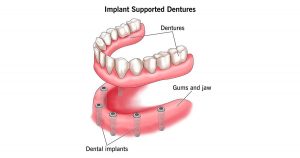
Dentures or Implants selection based upon the following factors
- Budget : These are cheaper, but could be a good long term investment for yourself.
- Oral Health: Patients with healthy gums and adequate jawbone density are good candidates for implants, while those with significant bone loss may need dentures or bone grafting before implant placement.
- Lifestyle: Active individuals or those seeking a low-maintenance option may prefer implants over removable dentures.
- Age: Younger patients might lean toward implants for their durability, while older patients may opt for dentures as a less invasive solution.
- Comfort: Implants provide more stability and comfort, whereas dentures can be bulky or need adjustments.
Dentures vs Implants:
- Cost – Although the initial cost of dentures is much cheaper than implants, one has to consider the cost in the long run. Dentures would have to be replaced, adjusted, and maintained at times that add up in the long run. Implants may be expensive in the short term but tend to be more economical in the long run since they last longer and require less maintenance.
- Maintenance and Care– Dentures: Should be cleaned daily and removed at night to avoid bacterial accumulation and gum deterioration. Implants: Like natural teeth, they need to be brushed, flossed, and visited by a dentist regularly.
- Combining the Best of Both Worlds: Implant-Supported Dentures- For those who desire to have the stability of implants but require replacing a full arch of the teeth, implant-supported dentures would be a perfect option. It is way more stable and comfortable because it is screwed onto just a few well-placed implants and is many times cheaper than a whole set of individual implants.
Myths
Contemporary Dentures Dentures are no longer in style, for they have gone far in advanced technology; hence, aesthetics and comfort can be found. Implants Only for the High-Class The affordability of many dental clinics comes in with financing options.
- Implants Hurt Implant surgery, of course; but in current dental technological and anesthetic advancements, this process has become somewhat pain-free.
- The choice between Dentures vs Implants will, therefore, depend on individual needs, preferences, and circumstances. It is recommended that one seek advice from a dental professional in determining the best option for either you or your patients.
For Dentists: Effective Guiding Patients
As a dentist, knowing the requirements is very important from your patients’ side. Return to them with one and the other option properly discussed, focusing on benefits and drawbacks based on the oral health of your patients and their lifestyle and budgetary condition. Give them pictures, testimonials, even to try the dentures before so that they can come up with the best judgment.
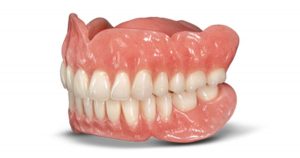
Frequently Asked Questions
What is the cost for follow-ups and also how much for the maintenance?
Are there any risks or complications I should be aware of?
Conclusion
Whether you opt for Dentures vs Implants, both can really make all the difference in the quality of your life through restoration of your smile and oral function. Dentures are pretty quick and inexpensive, while implants are permanent and feel most natural. You can choose the solution that best serves your needs and goals if you weigh the pros and cons after consulting with a trusted dentist.

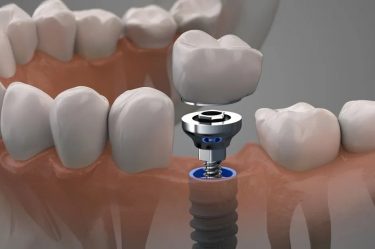
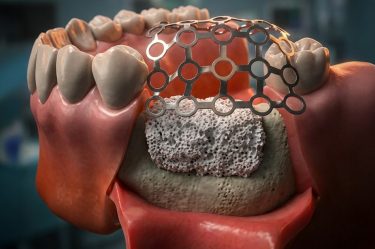
No Comment